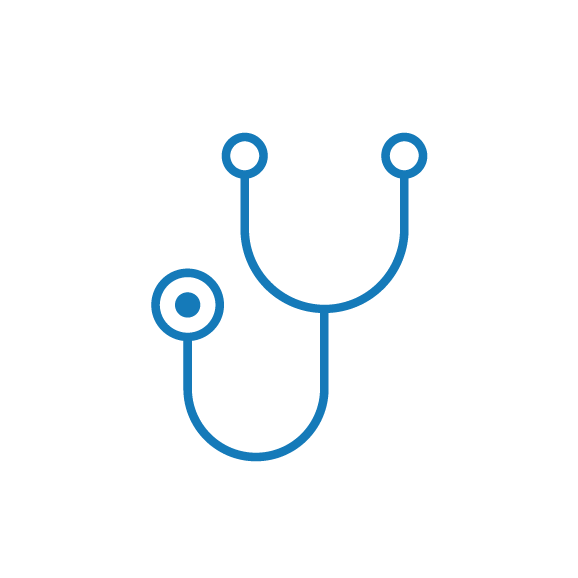How VHAN’s Care Management Team Helped a Patient Navigate Life After a Seizure
When a health emergency strikes, trying to get the right treatment can feel like walking through a maze. The stress of hospital visits, new medications and unfamiliar specialists can lead patients to missed doses, confusion about instructions or worsening symptoms.
That was the case for Cindy Brown, a Vanderbilt Wilson County Hospital patient who had been experiencing mild epileptic seizures without knowing it.
“I would freeze and tense up for two to three minutes at a time,” she recalled. “Eventually people around me convinced me to get checked out.”
To find the cause of the seizures, Cindy had to undergo imaging and testing. The MRI showed signs of epilepsy, but she needed an electroencephalogram to confirm the diagnosis and help clinicians determine the right medication and dosing to treat her condition.
“I stayed four nights at Vanderbilt Wilson County Hospital for the EEG and sleep testing,” she said. “What stuck out was how patient and caring my nurses and doctors were. My nurse even braided my hair to reduce pain from the electrodes—she was so gentle.”
Cindy left the hospital with epilepsy medication and a long list of follow-up appointments and lifestyle changes to manage on her own.
Extra Support From a Care Navigator
Although she had a solid treatment plan, Cindy needed help after discharge. Because of the severity of her condition, she was flagged in Vanderbilt Health Affiliated Network’s care management platform. VHAN’s Charissa Culpepper, RN, stepped in as her care navigator.
“She had another mild seizure, which she thought was insignificant or maybe related to stress,” Culpepper recalled. “After asking a few questions, we realized she might have missed a dose of medication. We reached out to her neurologist, who adjusted her medication to better control the seizures.”
Beyond coordinating care, Culpepper also helped the patient adapt to new realities, including not being able to drive herself to appointments. “In this case, a loved one was able to take her back and forth,” she said. “Even those details are a big life change.”
Multiple Touchpoints to Aid in Recovery
In addition to personal phone calls, VHAN offers patients a series of customized emails designed to guide them through recovery. Depending on their needs, patients receive information about social work, pharmacy, nurse coordination and other resources.
Culpepper blends the email touchpoints with personal outreach. “We reached out to this patient right away because she had immediate concerns,” she explains. “Our flexibility helps make sure patients are getting what they need in real time.”
Laura Dailey, RN, manager of VHAN’s Care Management team, says this hybrid approach is key. “The digital journey keeps patients connected to their care team and helps us to track their progress,” Dailey said. “It’s another layer of support to make sure care is seamless.”
A Gentle Guide During a Difficult Time
Culpepper says the experience reaffirmed the value of care coordination. “Sometimes I don’t realize the impact until someone shares their experience,” she said. “Our goal is always to advocate for patients, guide them with the right questions and make sure their care is managed properly. We want them to feel like someone is gently coming alongside to help.”
By combining personalized outreach with digital engagement, VHAN’s Care Management team helped this patient stabilize her medication, avoid further complications and feel supported during a tough transition. For patients facing new diagnoses, that combination can make all the difference—transforming confusion into confidence, one step at a time.
As part of their membership, VHAN members can refer patients to VHAN’s Care Management team any time. To refer a patient, fill out the form or call (615) 936-2828.




